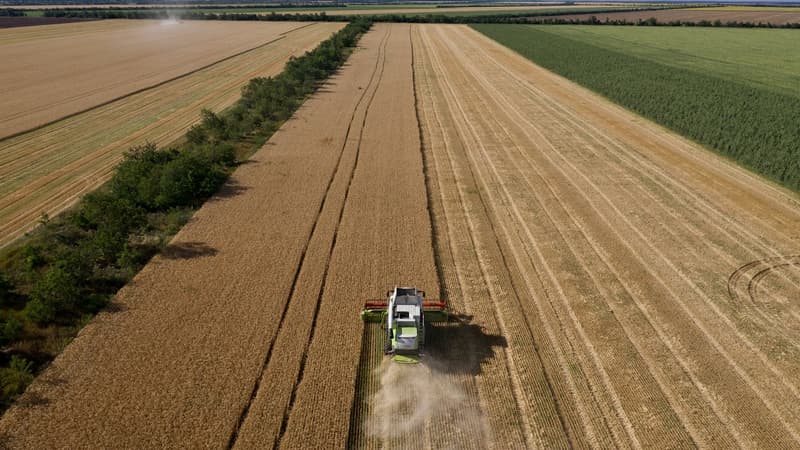Senior UN officials and Russia’s deputy foreign minister discussed barriers to Russia’s fertilizer and grain exports on Friday, shortly before a crucial deal to tackle the food crisis is set to expire.
The secretary general of the United Nations Conference on Trade and Development (Unctad), Rebeca Grynspan, and the head of the UN humanitarian agency, Martin Griffiths, met with Vice Foreign Minister Sergey Vershinin at the Palais des Nations, headquarters of the UN in Geneva. The meeting ended in the middle of the afternoon, neither Martin Griffiths nor Rebeca Grynspan spoke to the press after the meeting. Nothing has been immediately leaked from the content of the discussions.
Export of more than 10 million tons of Ukrainian grain and food products
The principle of Russian exports of fertilizers and food products was adopted on July 22 in Turkey at the same time as the agreement on grain exports from Ukraine, which expires on November 19. Since then, the established multi-party control mechanism has made it possible to export 10.2 million tons of grain and food products from Ukraine, lower prices on the world market and supply certain countries, which urgently need to feed starving populations.
On the other hand, the section on Russian exports has remained more or less a dead letter, to the great annoyance of Moscow, which sees double standards in it. Indeed, the economic sanctions that have hit Russia since its February 24 invasion of Ukraine save fertilizer and grain, but the fear of accidentally crossing a red line and finding yourself on the wrong side of the law paralyzes shippers and raises prices. insurance premiums.
The prospect of a non-renewal of the agreement worries
With days to go, Russia has yet to indicate whether it will extend the July 22 deal on Ukrainian exports, seen by the international community as crucial to resolving a serious food crisis. In early November, Rebeca Grynspan spoke of progress in talks with the EU, the United States and the United Kingdom – Ukraine’s main allies – to remove obstacles, but also insisted that it was “a difficult problem, a complex ecosystem” .
The prospect of a non-renewal of the Ukrainian section of the July 22 agreements is worrying. “The situation could be really complicated and the implications very serious,” warned Boubaker Ben-Belhassen, director of FAO, the Food and Agriculture Organization of the United Nations, during a briefing in Geneva on Friday.
Source: BFM TV


